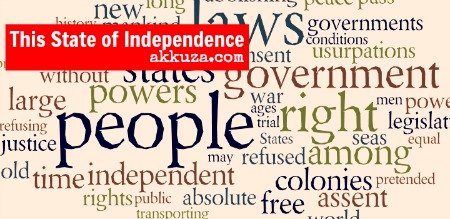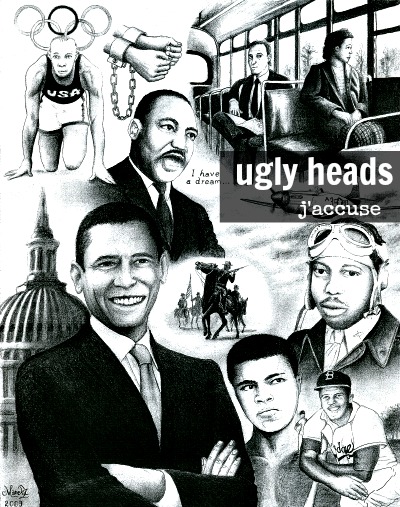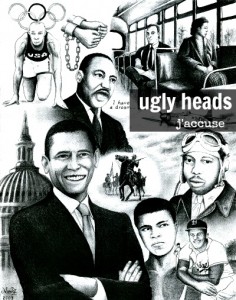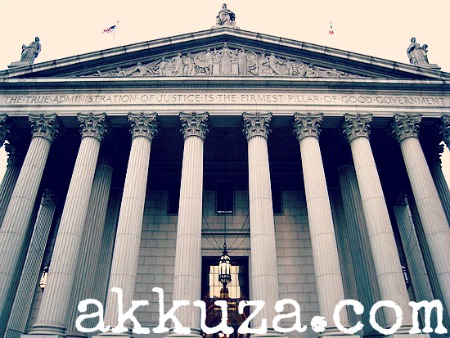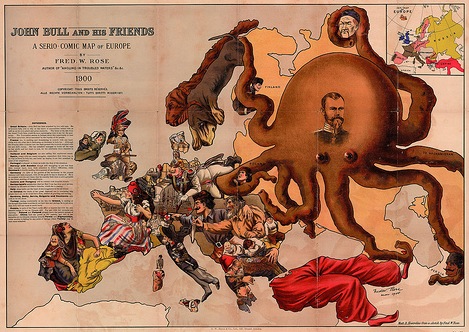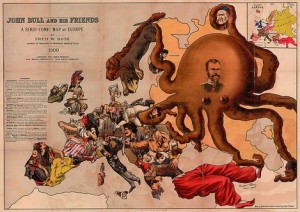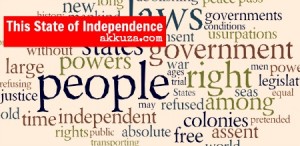 The festivities have begun in full earnest and Malta is soon to be proclaimed a 50 year old independent state. With the 50th anniversary we also get the reopening of the silly season. There’s a “let’s all love each other” approach by the two main parties – each proclaiming some kind of goodwill about what had hitherto been considered “the other’s” feast day. Yes, we have heard it all – over and over – Independence vs Republic vs Freedom day. Sometimes they throw in the 7th June 1919 for good measure but the heated debate had focused mainly on what are now being dubbed as the “three steps” that were necessary for Malta to become what it is.
The festivities have begun in full earnest and Malta is soon to be proclaimed a 50 year old independent state. With the 50th anniversary we also get the reopening of the silly season. There’s a “let’s all love each other” approach by the two main parties – each proclaiming some kind of goodwill about what had hitherto been considered “the other’s” feast day. Yes, we have heard it all – over and over – Independence vs Republic vs Freedom day. Sometimes they throw in the 7th June 1919 for good measure but the heated debate had focused mainly on what are now being dubbed as the “three steps” that were necessary for Malta to become what it is.
To me someone like Muscat finally growing up and clamoring that “Independence day is a feast for all Maltese” is nothing that warms the cockles of the heart. Just because the red tribe of the Maltese jungle suddenly sees the light and begins to faintly understand the meaning behind an achievement as important as independence in the birth of a nation does not mean that we have to stand up and applaud. At most we could sigh in relief as one does when a toddler finally grasps the idea that one plus one does equal two and gives up on the horrible insistence that one plus one can equal carrot. We would sigh in relief were we not also convinced that this sudden show of magnanimous understanding and one-ness is not another show of the Taghna Lkoll style: tanto fumo niente arrosto.
How they applauded Muscat at the unveiling of the Guido De Marco memorial. “Did you hear him? He actually praised Guido. Oh Such a great Prime Minister have we.” Really? What was the alternative? Are we to clap because Muscat had the temerity to call a spade a spade? What kind of rubbish is that?
Now we have the clips being propagated by the National Festivities Commission. Independence is described and couched within terms of a series of steps that unite us. Insultingly it is put on the same pedestal as that humungous farce that is Freedom Day or Jum il-Helsien. This insistence on celebrating that non-event is incredibly naive and ridiculous. It is as though a future government were to begin to celebrate the end of the Beach Concession that the Powers of Brangelina have over Mgarr ix-Xini. Freedom from Brangelina Day could have its own kitsch monument on the beach complete with mini-Hollywood memorial.
In the legal and political growth of a nation there is no greater achievement than the assertion of self-government and sovereignty. That is what the 21st of September 1964 is all about. If you still harbour any doubts about how important a step this is then ask a Scot who will be voting tomorrow on the very issue of independence. Nobody is asking the Scots who they want as formal head of state (it will probably be Bess as Queen of Scots), nobody is getting het up about whether it will be a Scottish Republic. It will be an independent Scotland that can negotiate (or maintain) its status as a member state of the EU – the independence step is more than enough for that.
In all probability an independent Scotland will have to negotiate the rental of one of its estuaries to the English army for the latter to keep its nuclear submarines in. Eventually, at a later date that rental agreement might end but I am sure no Scot will go clowning about yelling “Freedom” like some latter day cross between William Wallace and Dom Mintoff.
No. What around 50% of the Scots are aspiring for is Independence. There is a reason for that. Independence defines the birth of a nation. It puts it on the map as a nation among nations. Inter pares – among equals.
Sure, you can feel proud that at a later stage in the growth of the nation you felt it necessary to remove the house of the Windsors from the position of head of state of the nation and opted for a president that would represent the people instead. Constitutionally though, the big change had long happened. Ridding ourselves of Bess Queen of Malta and opting for Marie Louise President of the People is a cosmetic change that alters little on the world stage. It’s not about party pique but about education and historical relevance. let’s face it, the switch from Constitutional Monarchy to Republic in 1974 was not exactly your storming of the Bastille business in 1789… to deny that would be to ignore historic truths: and that only serves ha’penny historians and the sweet sweet luvvy duvvy propaganda of this current lot.
Education, not fables and fantasies is what would make this nation stronger. Otherwise its all a load of balderdash.
Le Roi est mort! Vive le Roi!
